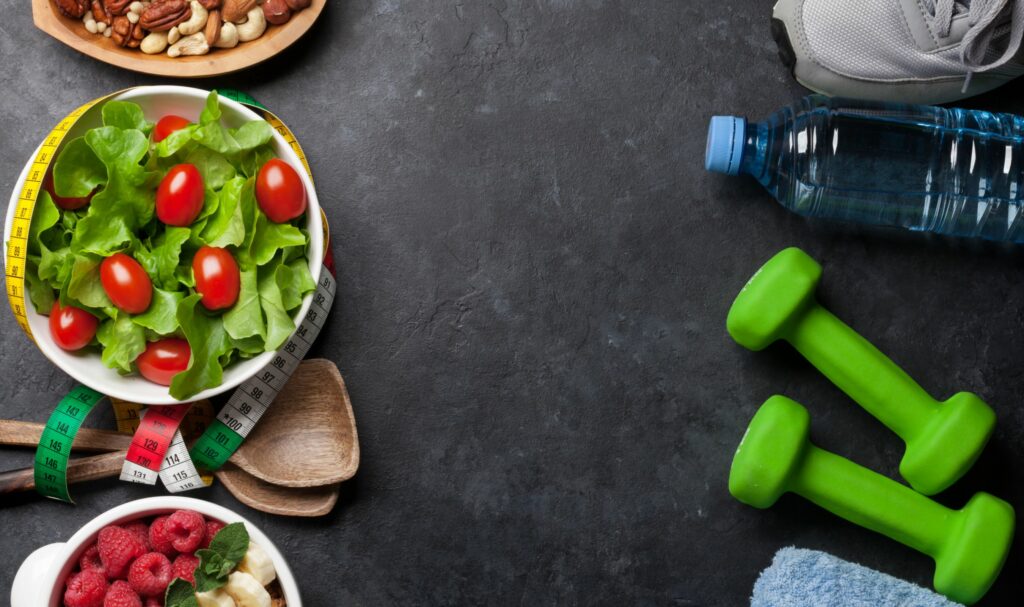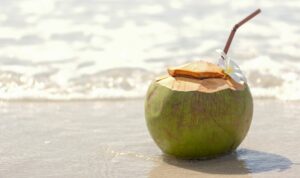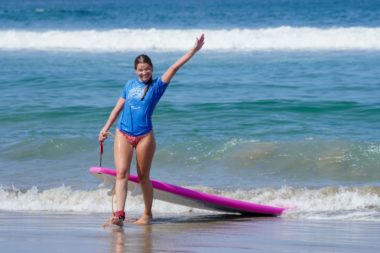The Surfer’s Diet: Balancing Macros for Energy and Endurance
To carve waves and conquer tides, surfers need a diet that provides sustainable energy and supports muscle endurance. This means striking the right balance between macronutrients – carbohydrates, proteins, and fats. Carbohydrates are the primary energy source, fueling everything from paddling out to performing dynamic maneuvers on the board. Proteins are crucial for muscle repair and recovery, especially after a strenuous session in the surf. Healthy fats should not be overlooked, as they are needed for long-term energy, hormone production, and the absorption of vital nutrients. For female surfers or those participating in programs focused on surfing for girls, it’s essential to adjust these macronutrient intakes according to their specific physiological needs and activity levels to ensure peak performance and health.
Hydration: The Underrated Performance Enhancer
Many surfers focus on solid nutrition but underestimate the importance of proper hydration. Water is a critical component of peak performance, affecting everything from muscle function to balance and concentration. Dehydration can quickly lead to fatigue, decreased coordination, and even heat-related illness – all detriments to a surfer’s performance. Especially in saltwater environments where sun and exertion can exacerbate fluid loss, surfers need to prioritize water intake before hitting the waves and rehydrate significantly afterward. Programs such as surfing for girls must emphasize hydration, teaching young surfers to recognize signs of dehydration and to adopt habits that ensure they are drinking enough water throughout their surf sessions and beyond.
Pre-Surf Meals: Timing and Composition
A well-composed pre-surf meal is essential for providing the energy required to perform at one’s best. The timing of this meal is crucial – eating too close to a surf session can lead to discomfort and cramps, while eating too far in advance can leave surfers feeling depleted. The composition of a pre-surf meal should include a good mix of complex carbohydrates for slow-release energy, lean proteins for muscle support, and healthy fats for prolonged fuel. Options like oatmeal with fruit and nuts or a whole-grain sandwich with lean protein are ideal. Participants in surfing initiatives, including those focusing on surfing for girls, benefit from learning how to plan their meals, not just for daily surfing activities but for competitive events as well, to ensure they’re charging the waves with optimal energy.
Post-Surf Recovery: Nutrients for Muscle Repair and Recharge
After an intense surf session, the body needs the right nutrients to repair muscle tissues and replenish energy stores. Post-surf meals should be rich in protein to aid muscle recovery and contain a mix of fast-absorbing carbohydrates to quickly restore glycogen levels. A protein shake paired with a banana, or a lean chicken breast with quinoa and vegetables are examples of recovery meals that can accelerate the repair process. In programs like surfing for girls, it’s particularly important to emphasize the role of nutrition in recovery, seeing as it can affect future performance and overall well-being.
Snacking for Surfers: Healthy Options for Sustained Energy
Surf sessions can span several hours, and maintaining energy levels is key to sustaining performance. Healthy snacks can bridge the gap between meals, providing continuous fuel and preventing energy dips. Snacks that combine complex carbs, proteins, and healthy fats, like apple slices with peanut butter, yogurt with granola, or a handful of nuts and dried fruit, are portable and convenient for beach days. Surf organizations, such as those offering surfing for girls, can educate surfers on the best snacking strategies that complement their active lifestyle and support their time in the water.
Superfoods for Surfers: What to Include in Your Diet
For surfers aiming to boost their performance and overall health, integrating superfoods into their diet can offer numerous benefits. Superfoods like chia seeds, berries, kale, and quinoa are nutrient powerhouses packed with antioxidants, fiber, and essential vitamins and minerals. These foods help combat inflammation, provide long-lasting energy, and support immune function – all crucial for athletes who spend significant time in challenging marine environments. Including these items in the diets of female surfers, especially those involved in programs like surfing for girls, ensures they receive the nutritional support their bodies require to thrive both in and out of the water.
Understanding the Importance of Meal Planning
Meal planning goes hand in hand with a consistent surf regimen. By preparing balanced meals and snacks in advance, surfers can ensure they have the necessary fuel for their sessions, avoid unhealthy food choices, and maintain a diet that supports their active lifestyle. For surfers, especially those in tailored programs like surfing for girls, meal planning also offers the convenience of having nutritionally optimized food readily available, allowing them to focus on their passion for surfing without the added worry of mealtime decisions.
Supplements for Surfers: Are They Necessary?
While whole foods should be the cornerstone of any diet, supplements can play a role in a surfer’s nutritional plan, especially if they’re falling short on specific nutrients. Common considerations include vitamin D for bone health, omega-3 fatty acids for reducing inflammation, and whey protein for muscle recovery. However, supplements should be approached with caution and ideally under the guidance of a healthcare professional. It’s particularly important for programs like surfing for girls to inform their participants about the proper use of supplements and to promote a food-first mindset for nutrition.
The Impact of Diet on Surf Stamina and Mental Focus
Diet not only affects physical stamina but also mental focus – both critical for success in surfing. The right mix of nutrients can help maintain concentration during long sessions and improve decision-making on the waves. Cognitive functions like focus, mood, and alertness are all influenced by what we eat. Good nutrition habits developed through specific programs, including surfing for girls, lay the foundation for mental clarity and sharpness that can translate into better performance and increased safety while surfing.
Special Dietary Considerations for Competitive Surfers
Competitive surfers have unique dietary needs due to the demands of training, travel, and performance. Tailoring nutrition to meet the specifics of their competition schedule, including properly timed carbohydrate loading, staying hydrated, and ensuring adequate protein intake for recovery, becomes paramount. For those in competitive-focused programs like surfing for girls, understanding and implementing these advanced nutrition strategies can give them an edge in their athletic pursuits.
Nutrition Myths in the Surfing Community: Separating Fact from Fiction
As with many sports communities, there are numerous nutrition myths within the surfing world. These can range from superstitious eating habits to unfounded claims about specific diets enhancing performance. It’s crucial for surfers to seek evidence-based nutrition advice and remain skeptical of fads or quick fixes. Surfing programs, including those for girls, have a responsibility to address these myths, providing reliable information that enables surfers to make informed decisions about their health and performance.








